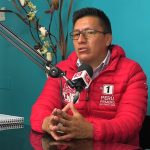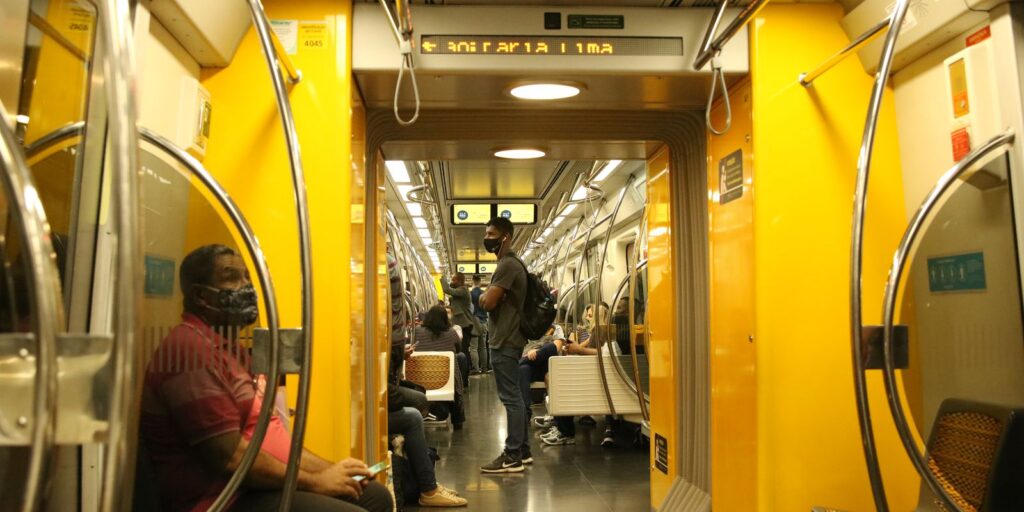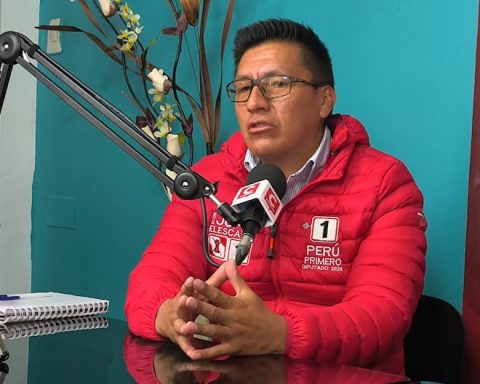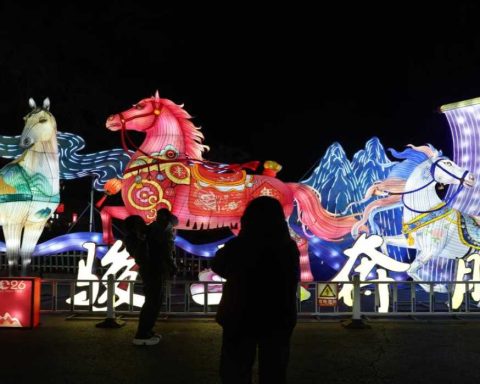The head of the National Institute against Discrimination, Xenophobia and Racism (Inadi), Victoria Donda, warned about the importance of distinguishing between the exercise of freedom of expression and the production of hate speech, which she considered “a tool that at some point it shoots, and it shoots at people.”
In an interview with Télam, Donda assured that “much hate speech is wrongly associated with freedom of expression, and then it seems that anyone can say anything (protected by that right). And the truth is that no, because one thing is freedom of expression and another thing is when you consciously make certain statements that generate a result of violence and discrimination in society.
The official believed that the fact that the ‘millennial’ generation is the most willing to adhere to or remain indifferent to hate speech -as a recent Conicet study demonstrated- may be linked to the fact that these young people did not experience one of those moments in Argentine history in which hate speech materialized in an attempt to annihilate the other, as was the dictatorship.
“There is a sector of society that did not experience one of the processes that some of us do experience and that they were the result of hate speech, which was the dictatorship; because hate speech is a tool that at some point is fired and fired at people,” he added.
According to the definition adopted by the United Nations (UN) in its action plan against this problem, Hate speech is “any form of verbal, written or behavioral communication that attacks or uses pejorative or discriminatory language in relation to a person or a group on the basis of who they are or, in other words, based on your religion, ethnic origin, national origin, race, color, ancestry, gender, or other identity factor“.
“One of the emblems” of hate speech is the dichotomy “civilization or barbarism” of long prestige in national history.”
On the other hand, Donda argued that the growth of hate speech in Argentina is not unrelated to a phenomenon of “globalization” of the new conservative right that “they have international connections and also very similar ways of acting” that include the appeal to this type of discourse and whose action is facilitated both by social networks and by the recurrent economic crises.
Although hate speech has always been present in modern societies, Donda warned about its cyclical behavior at different times in Argentine history.
“You have a moment where hate speech is becoming flesh in a sector, that those ideas proffered by certain issuers are gaining more and more strength in a part of the social body. That happened to us in Argentina on many occasions,” he said.

In this sense, he pointed out that “one of the emblems” of hate speech is the dichotomy “civilization or barbarism” of long standing in national history, by virtue of which the wild was associated both with the “federal monteneras” in their dispute against the unitarians and, a century later, with theThe workers contemptuously called “little black heads” by the oligarchy that did not hesitate to speak of “zoological flood from the province of Buenos Aires” to the square of October 17, 1945. The same square that would be bombed in 1955 to try to put an end to the government that represented the “descamisados”.
“Hate speech is always present in society, but there are times when it begins to spread socially and it is there that a breeding ground is produced for the dominant sectors to carry out the worst atrocities in society,” he reflected.
On the other hand, Donda explained that the growth of the new conservative right and their hate speech can also be seen as “a reaction to a human rights agenda that has been gradually strengthening year after year.”
In another vein, the official alluded to the invisibility of racism present in society -whether it is expressed in hate speech or not- due to the “structural” nature of this form of discrimination and the objectives in the service of which it was implanted in the country.
“You have different types of discrimination: the individual discrimination of the neighbor who did not want to let his medical neighbor into his building at the beginning of the Covid pandemic, the institutional one, which is what we commit from the States and institutions, and the structural one, which is the discrimination as a result of how this society was built,” he said.
“This is a country that was built on three pillars of discrimination that are transversal to many others: patriarchy, capitalism and colonialism that racism inherited from us”
With regard to ethnic discrimination, he pointed out that “structural racism was introduced in Argentina by a colonial model that was successful” and that it included the invisibility of Afro-Argentines and indigenous people, given that “we were convinced that they had disappeared because They all died in the Paraguayan war or in the yellow fever epidemic.
Promoting policies aimed at “disarming these scaffoldings of violence -because discrimination and racism are manifestations of violence-” is one of Inadi’s objectives and that is why last year the National Commission for the historical recognition of the Afro-Argentine Community.
As for the programs and actions developed by the organization to combat hate speech, Donda emphasized three: “Schools without discrimination” -a teacher training initiative-, “Sport Free of Discrimination and Violence” -which aims to train leaders, partners and players of sports institutions- and “Inadi, from Ushuaia to La Quiaca”, which will tour the country installing mobile offices from which to deploy the two previous programs.
On the other hand, the official announced that “in the middle of this year” the New National Plan against Discrimination 2022-2024 to update and give continuity to the one presented by Néstor Kirchner in 2005 and which is the result of “a participation process with more than 1,600 organizations”.













